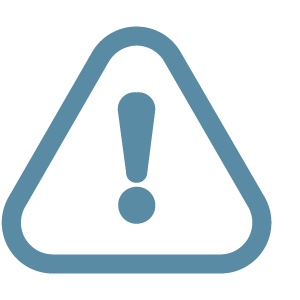
To reduce acne inflammation and kill the bacteria that is associated with inflamed acne

Skin itching, redness and swelling. See product packaging and leaflet for full details

Should not use raw tea tree oil on the skin as it is more likely to cause irritation. See product packaging and leaflet for full details and warnings
Tea tree oil is an essential oil that can be used as an acne treatment and is available over the counter, meaning that you can buy it without having to see a doctor or nurse.
If you are considering using tea tree oil as an acne treatment, you should buy it in a product that is designed to be applied to the skin and not just the raw oil itself, as raw tea tree oil can also be a skin irritant.
Tea tree oil acts as an anti-inflammatory. It tends to work slower than the anti-inflammatory known as benzoyl peroxide but it has less risk of irritating the skin.
Tea tree oil is also an anti-bacterial and can work to kill acne-related bacteria.
Side effects of tea tree oil include itchy, reddened and swollen skin. Please see your product details for full instructions and warnings.
As with most acne treatments, tea tree oil takes time to work and you should allow for twelve weeks of use before determining whether or not the product has worked for you. Tea tree oil is not likely to be effective for severe acne, which usually needs treatment from a healthcare professional.
Treatments that contain tea tree oil are often used as part of a wider acne treatment regime. These regimes involve using acne treatments and sometimes other products in an organised way with the aim of maximising the treatment’s effectiveness. It is important to remember that not all acne treatments can be used safely together and that you should seek the advice of your pharmacist or healthcare provider before starting or combining any treatments. Click here for an example of an acne treatment regime.
Please note that over-the-counter treatments are unlikely to be effective against severe acne. That is acne that consists of many lesions covering an area, with cysts and nodules being present, and is often scarring. If you have acne that has lasted for several weeks and is getting worse, is leaving scars or is affecting your mental health then you should arrange to visit your GP.